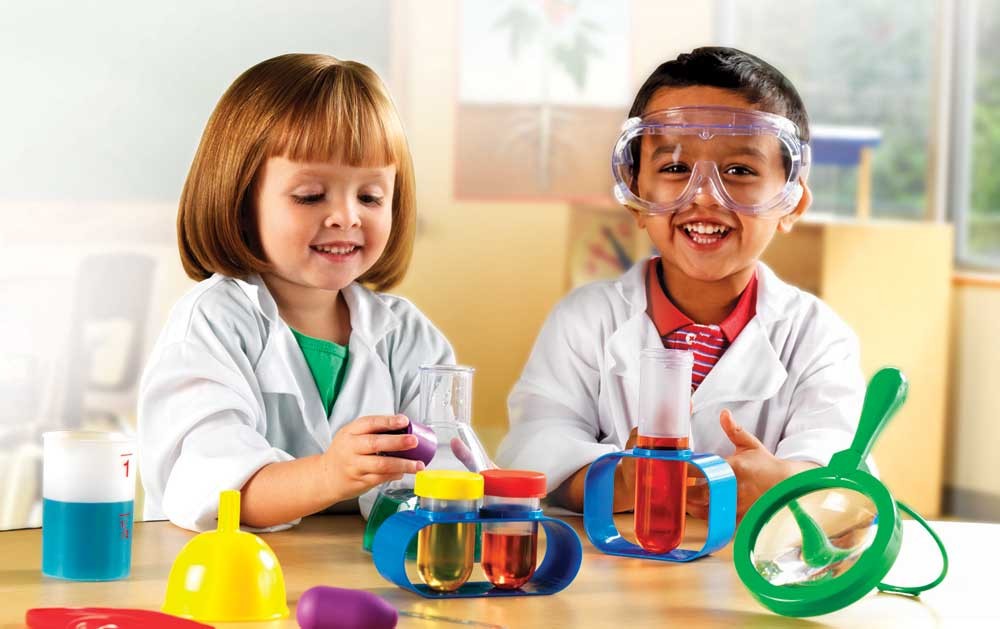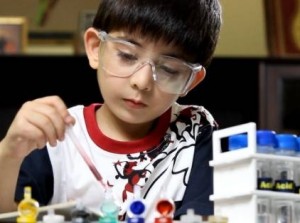Fun Science Experiments That Make Learning Interesting For Kids
Learning science and technology can be very interesting if it is presented through fascinating hands on experiments. Easy, fun science experiments for small kids can make learning more enjoyable, allowing their curious minds to explore them through projects. Parents at home and teachers in the school should take the initiative to follow such activities that kids love to do and the discoveries they make. So, if your kids find it very boring to go through books to understand science, then make it interesting by performing experiments that are simple, perfect and safe for the little ones. Here are some interesting fun science experiments that can help them to have a stronger grasp of the lesson learned and make them love science lifelong.

Bottle music: Kids love to listen to different types of music and they often make sounds using a stick or spoon on different items. So, why not help them understand different sounds with this simple experiment? Take bottles made of glass, metal and plastic. Now ask them to strike the bottles using a spoon and let them listen to the different types of sound. This experiment will make clear that different materials make different sounds.
Oil and water do not mix: This activity demonstrates how oil and water are two different things which do not mix. Take a cup of water and a cup of cooking oil. Explain to your children that oil and water are two substances that do not mix and react differently to a variety of other liquids. Drop a couple of food coloring into the water and let them see how it spreads into the cup. Now drop a couple of color drops into the oil cup and see that instead of mixing, it will create bubbles. This is because oil and water do not mix.
Composting: Gardening is what many children love to during the free time. This experiment of composting will teach your children how things are recycled. Set up a bin in the garden to place compostable materials or kitchen wastes like egg shells, vegetable trimmings, fruit peels, shredded leaves etc. Create compost by layering green and brown material. First add the brown material to the bottom of the compost pile and then a layer of green and then again brown. After 3-6 months your compost project will be ready for the garden.

Water drinking candles: This science experiment is simply magical. Take a dish and put some water in it. Add some food color to make the water more visible. Now take a candle and place it in the center of the dish containing water. Light the candle and cover it with a glass. The candle will blow out soon and make the water rise as if the candle is drinking up the water. This interesting experiment is sure to keep their minds engaged.
Mold growing activity: Kids love to watch plants or molds growing in the garden and often have questions in their mind. To help them understand growth of molds, take a plastic bag and place a slice of bread in it. Now add a few drops of water to the bread and place it in a dark part of your room. Check the bread every day to see if the molds have grown. After a few days you will see that molds have developed on the surface of the bread. This experiment will help your child to understand how molds grow and the conditions needed for its growth.
There are various other experiments that can help your child to understand science clearly and make it simple to help minds flourish.


































